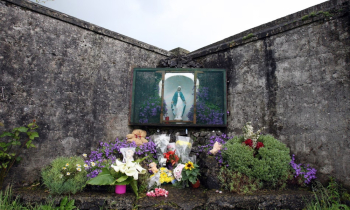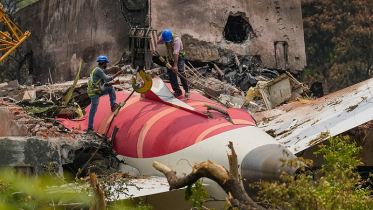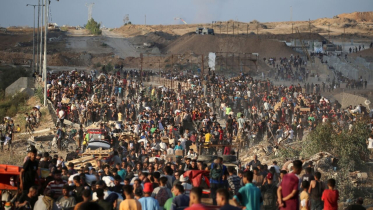Israeli Airstrike in Nuseirat Kills Children Fetching Water
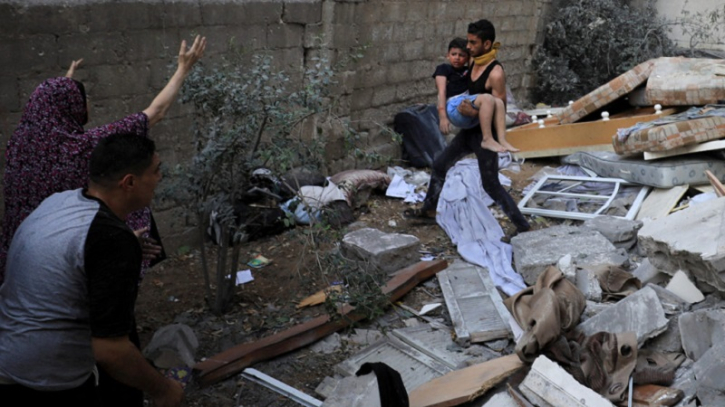
Published : 17:19, 13 July 2025
On Sunday, an Israeli airstrike struck a crowd in central Gaza’s al Nuseirat refugee camp, fatally targeting individuals—predominantly children—who were queuing with empty water containers beside a tanker.
Emergency response teams confirmed that ten people died, including six children. The injured, sixteen in total (seven of whom were children), were transported to al Awda Hospital in Nuseirat for medical attention.
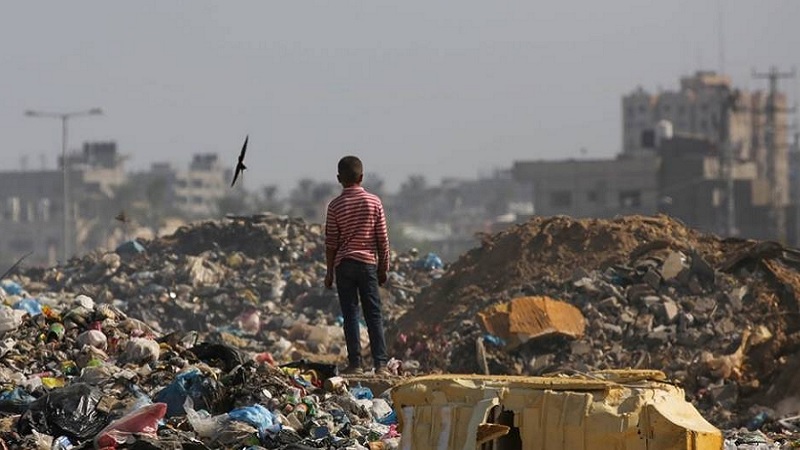
Eyewitnesses reported that a drone-fired missile hit the gathering, resulting in immediate fatalities. Video evidence circulating online depicts scenes of blood-soaked bodies and anguished cries. Local civilians, employing private vehicles and even donkey carts, hastened to evacuate the wounded.
This strike occurred amid a broader escalation in Israeli aerial bombardments across the Gaza Strip. Gaza’s Civil Defence Agency spokesperson reported that nineteen additional individuals were killed in separate airstrikes on residential buildings in central Gaza and Gaza City on the same day.
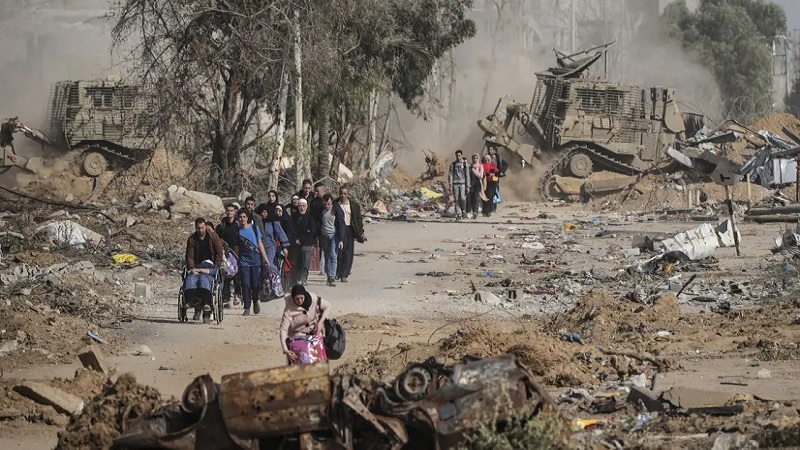
The incident compounds the severity of Gaza's 21-month-long humanitarian emergency, initiated by the Israeli response to Hamas's October 7, 2023, cross border assault that killed approximately 1,200 people and resulted in 251 hostages. According to the Gaza health ministry, the death toll in the territory has surpassed 57,800.
Displacement is pervasive, with most Gaza residents having moved multiple times. Infrastructure across water, sanitation, healthcare, and housing has largely collapsed: over 90% of homes are damaged or destroyed. Compounding these structural failures are critical shortages of food, fuel, medicine, and shelter.
In a notable development this week, after 130 days, 75,000 litres of fuel were allowed into Gaza. However, UN officials caution this remains grossly inadequate to meet daily requirements for healthcare facilities, water and sanitation operations, and bakery production. A joint statement from nine UN agencies warned on July 12 that fuel reserves have reached “critical levels,” imperiling hospitals, ambulances, water networks, and hygiene services—placing millions at heightened risk.
Source: Reuters, AFP, Washington Post, UN agency statements.
BD/O



